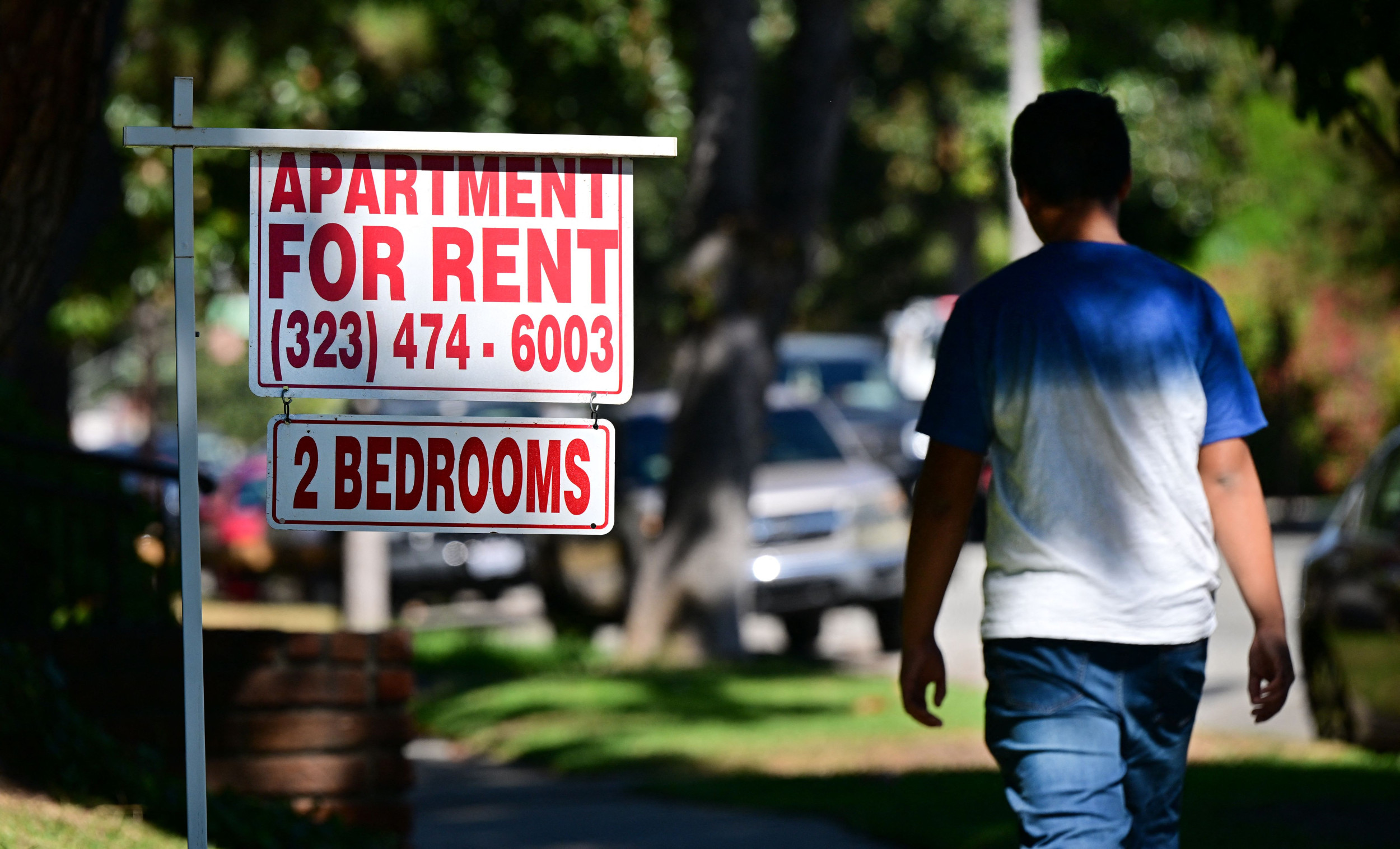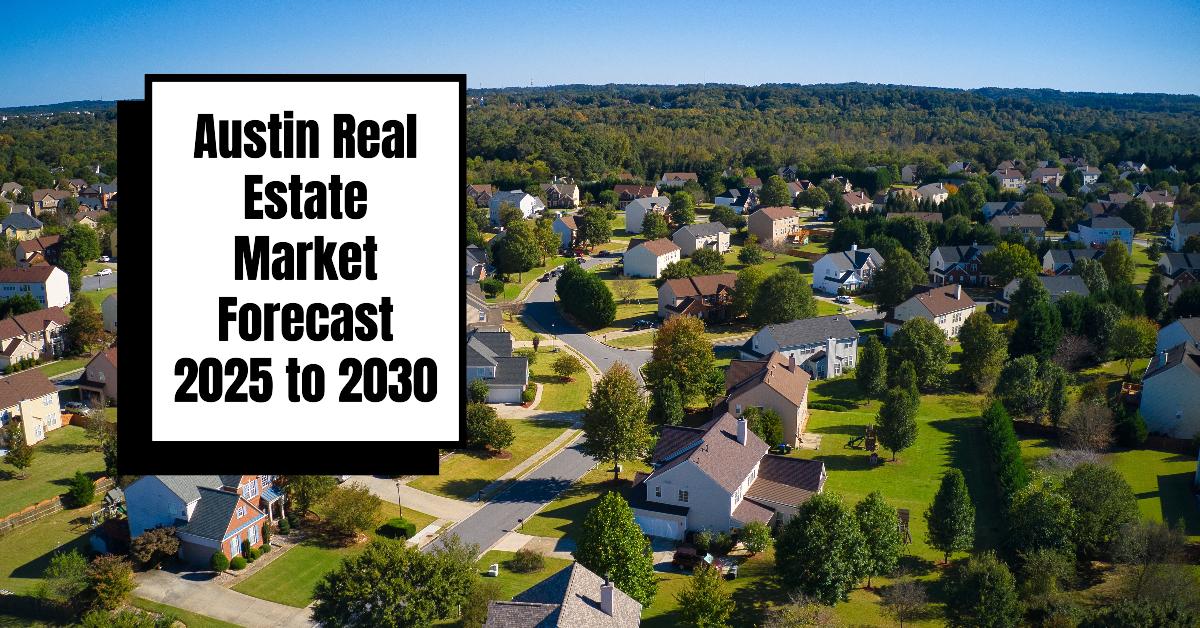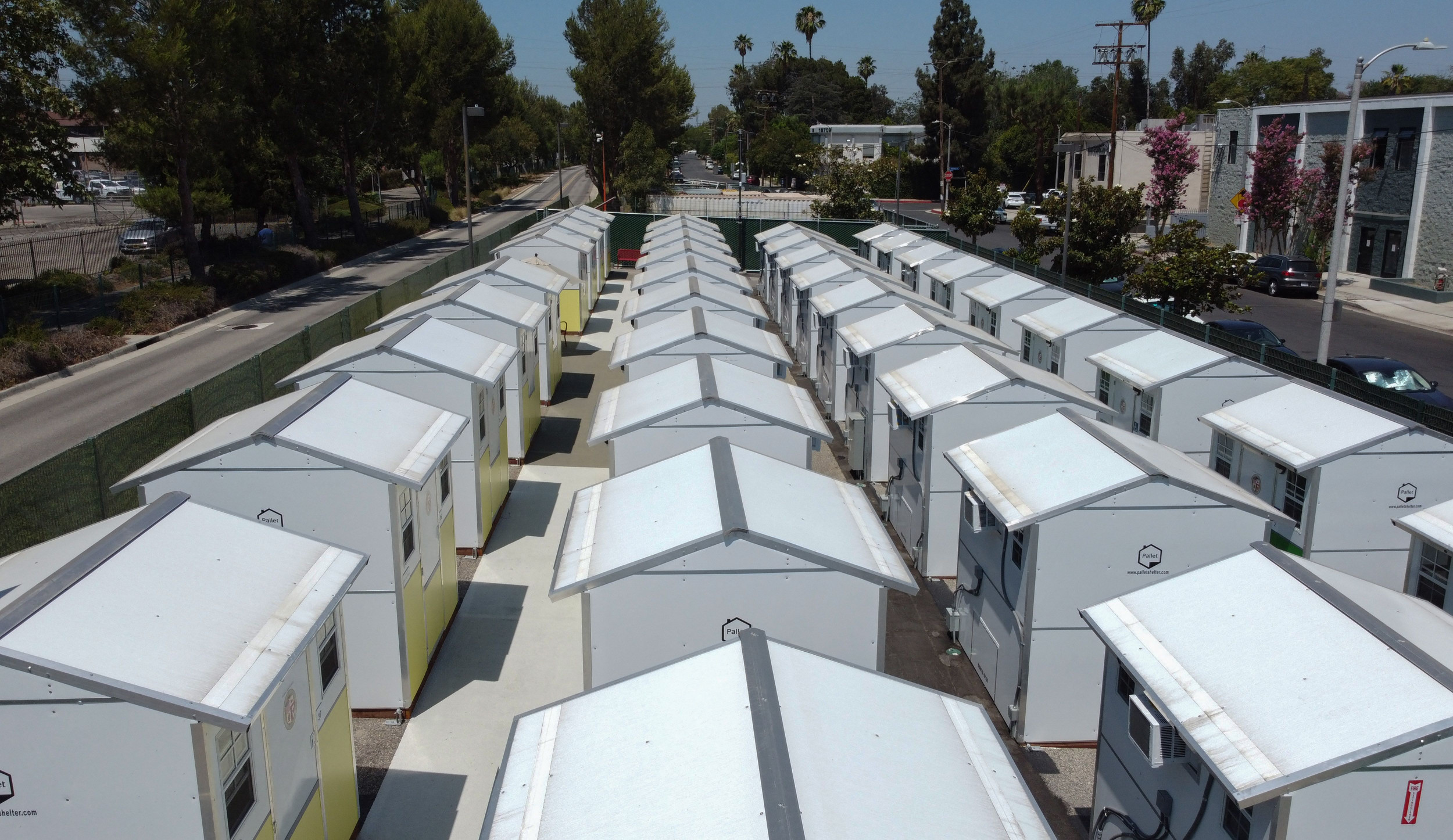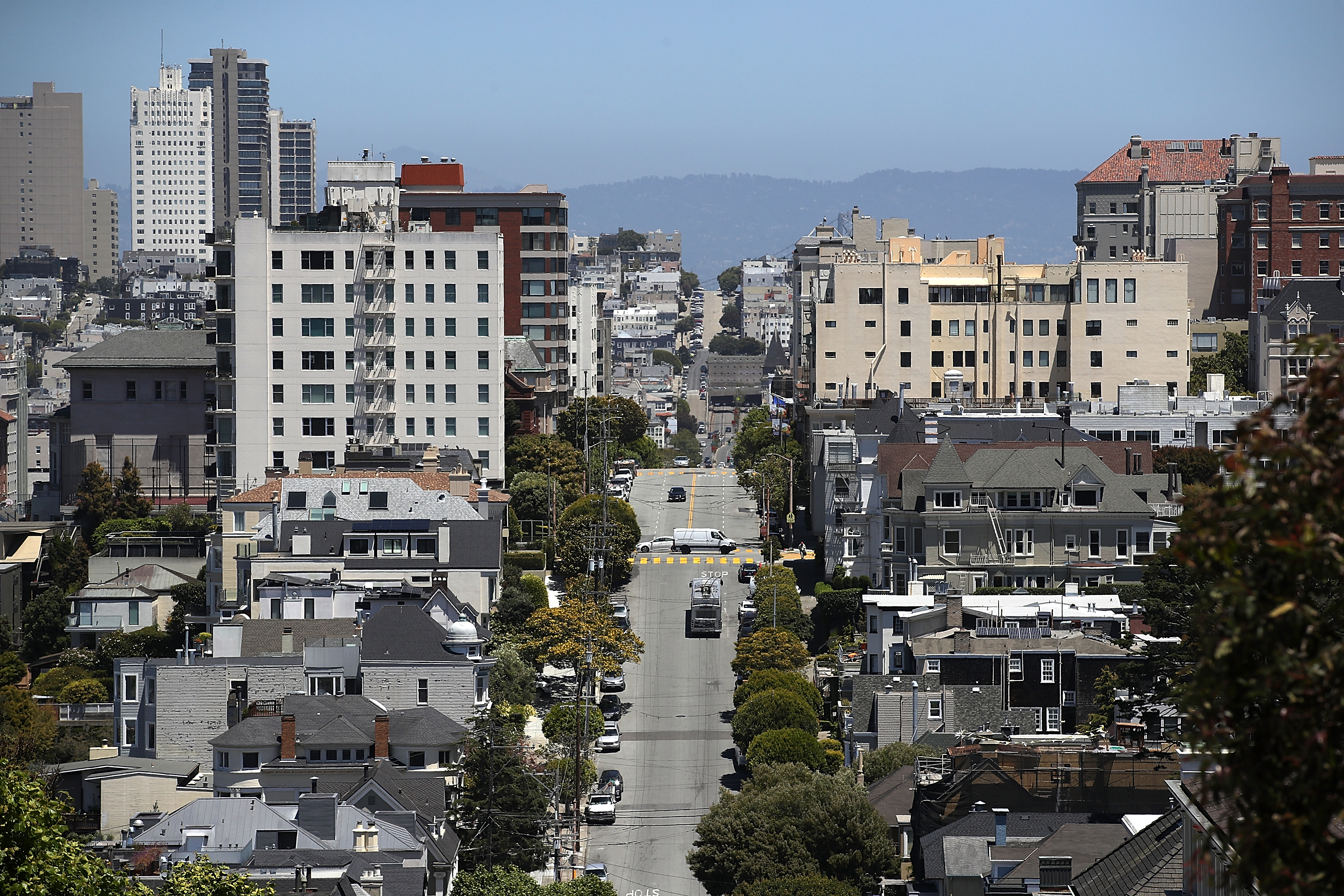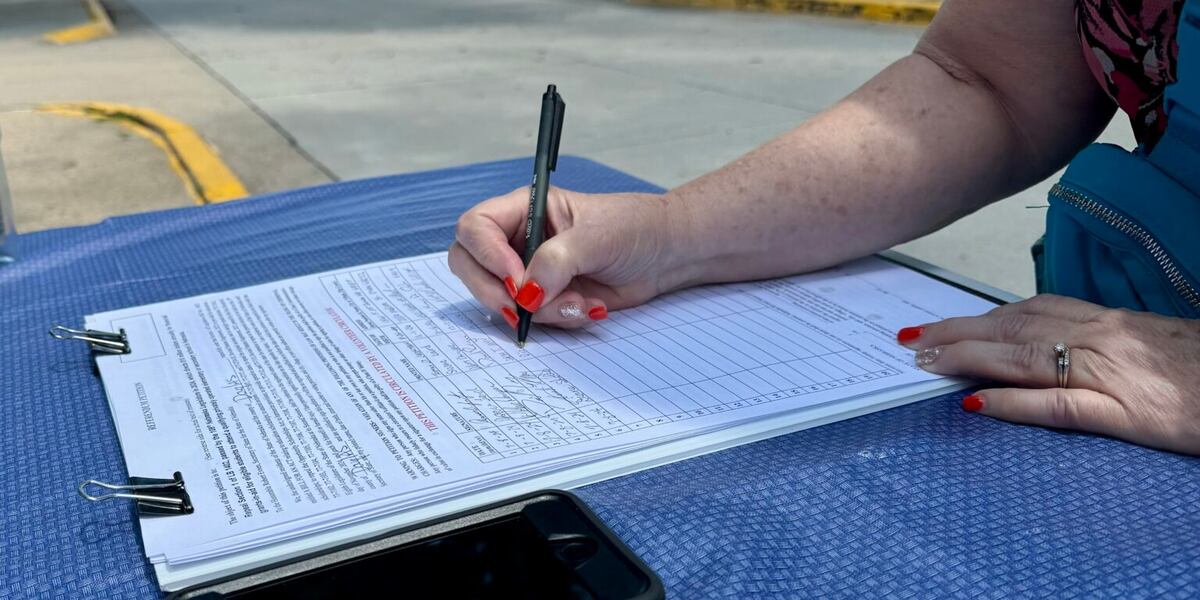North Carolina
North Carolina’s first neighborhood of net-zero homes being built in Orange County

CHAPEL HILL, N.C. (WTVD) — Families from California, Indiana and Texas are relocating to the Triangle specifically to live in a brand new sustainable community.
The development is being called North Carolina’s first net-zero community. Construction is already underway on the community’s inaugural home, which can be found about 15 miles west of Chapel Hill.
The ceilings soar two stories in the Williams’ new home and natural light streams through the space in seemingly every direction.
The couple lives in West Virginia now, but they want to move to North Carolina to be near great health care and step up how self-sufficient they’re living.
“Energy costs are a major concern,” said Marti Williams. “We’re hoping not to increase our carbon footprint.”
“With all the issues that are going on with the environment and the climate today, we wanted to do our part,” said Ken Williams.
Homes in the new Array Sustainable Living community are being built to generate enough energy to run the entire household.
It is being accomplished with Energy Star appliances, solar power and advanced framing techniques.
“You’re your own mini power plant as a way to generate electricity,” said builder Vince DeFreitas.
The developers have been working years on this eco-friendly project.
“It’s the first neighborhood (in North Carolina) where all of the houses will be 100 percent net-zero energy,” said developer Jodi Bakst. “It is not rocket science. There are builders doing it all across the country. They’re not here as much as they are in other places and we want to show that it could be done.”
These homes will be placed on the power grid as a back-up and if they produce more energy than needed, the power company will buy it back.
“It takes a village, if you will, to get all of that solar on the grid and adding all that solar resources to the grid helps to expand clean energy across the state, reduce carbon that we’re using,” said Duke Energy Spokesperson Jeff Brooks.
The Williamses will be moving into their net-zero home in November, just in time to host the holidays and start seeing some savings.
“We’re looking forward to having my mom and sister come from Arkansas and stay with us a while,” said Ken Williams.

North Carolina
North Carolina's top election official asks people at the polls to treat each other with respect • NC Newsline

State Elections Director Karen Brinson Bell asked for peace at the polls during a news conference on Election Day eve.
Early voting turnout for this general election set a record, with more than 4.2 million people voting in person during the early voting period that ended Saturday, according to the state Board of Elections.
Tuesday is voters’ last chance to cast a ballot in the general election.
Brinson Bell said more than 1 million people are expected to vote on Election Day.
There were a few “verbal altercations” during early voting between campaigners or people approaching voters in the polling place buffer zone, she said. Electioneering is not allowed within 50 feet of a polling place entrance.
Brinson Bell called polling place hostility this season “very minimal.”
Board of Elections lawyer Paul Cox said they are looking into cases of reported harassment or intimidation.
Voters should be able to enter polling places without interference, Cox said. Electioneers should not assume the mantle of an election official by aggressively questioning a voter’s eligibility. It’s a crime to provide false information about the voting process, by telling someone falsely that they aren’t allowed to vote at a particular location, for example, Cox said.
The U.S. Department of Justice announced on Friday that it planned to monitor compliance with federal voting rights laws in 27 states, including North Carolina. Texas was on the list, but told the DOJ monitors not to come.
The DOJ said in a press release that it will have monitors in Alamance, Wake, and Mecklenburg counties on Election Day.
About 98% of North Carolina ballots are expected to be counted by early Wednesday. After Election Day, county boards must still count absentee ballots they received on Tuesday. They also must research and count, when appropriate, tens of thousands of provisional ballots, Cox said.
Republicans have filed several lawsuits over the last few months challenging voter registration, the counting of absentee ballots not returned in the proper sealed envelopes, and overseas voter qualifications.
Republicans have appealed the trial court and Appeals Court rejections of their overseas voter lawsuit to the state Supreme Court.
Cox described the other lawsuits as being “in a holding pattern.”
In a separate news conference, Bob Phillips, executive director of Common Cause North Carolina, said students waited in line for hours on Saturday at some of the early voting sites near college campuses.
“That’s a good example of just how enthusiastic voters are here in North Carolina,” he said.
The election protection hotline has received more calls this year than in previous elections, but there has been no systemic voter intimidation, Phillips said.
“There is definitely higher tension, more emotion, particularly among the electioneering that goes on outside the precincts,” he said.
This is the first general election where the state’s voter ID law is in effect.
Some poll workers needed reminders on how people are able to vote provisional ballots if they don’t have IDs, Phillips said.
“All in all, it’s been a pretty good early voting period,” he said.
“We’re going to have a historic record turnout in North Carolina, and that’s a very good thing.”.
The Board of Elections offered some tips for voting this year.
- It’s too late to put your mail-in ballot in the mail. Instead, hand deliver it to your county board of elections office by the 7:30 pm Tuesday deadline.
- People who requested absentee ballots but have not used them can vote in person on Election Day. You can throw away your absentee ballot and don’t need to bring it to the polling place.
- Go to your assigned polling place on Election Day. Your polling place can be found on the state Board of Elections’ Voter Search page.
- Bring an acceptable photo ID.
- Voters who don’t have an ID can meet the requirement by filling out a form explaining why they can’t show one, or by showing their ID at the county elections office by 5 pm Nov. 14. In both cases, voters will fill out provisional ballots on Election Day.
North Carolina
Preparing my daughter for the fight: Lessons on freedom after Roe • NC Newsline

When Roe v. Wade was overturned, my teenage daughter came out of her room, crying, and asked me to stop working for a minute and just listen. She said she knew if she ever needed an abortion, I would make sure she had access. “But what about my friends?” she asked. Terrified and enraged at the Supreme Court’s decision, she said she felt the country was going backwards.
Those same thoughts ran through my head just 30 years earlier. When I was a teenager in the Pacific Northwest, my unplanned pregnancy happened while I dealt with my own personal and family struggles. As a 19-year-old full-time college student and new U.S. resident, I was lucky to recognize and leave an abusive relationship. I was also lucky to be living in Washington – a state with very few restrictions on access to abortion care.
My friend Gabby supported me through every step of my abortion: from my decision-making process to scheduling my appointment to the aftercare. The clinic offices never made me feel ashamed. Although I was nervous, I trusted the medical staff attending me, and I didn’t stress about a 72-hour waiting period or unnecessarily invasive ultrasound. The office was professional and compassionate – unlike many “anti-abortion centers” that now feature without pictures of babies and families to elicit unnecessary guilt on an already difficult day.
As a queer, Latine mother, I can’t stand on the sidelines while my daughter’s generation has less freedom than I did and when they are forced into futures they don’t choose for themselves. To be clear, the criminalization of contraception, limiting of sex education, weaponizing access to life-saving healthcare, and the ongoing coercion and sterilization are not the civic or public health traditions I want to pass down to her.
What I do pass down to my daughter is the history and the importance of the Green Wave Movement – the global Latine-led movement for reproductive rights that made abortion access possible in Mexico, Argentina, Colombia. In the Green Wave, it’s reiterated that Latine folx have been having abortions for centuries. We have shared medicines, teas, and passed on our rituals and approaches outside of Western medicine. Our ancestry breaks the taboo and interrupts the shame that keeps us as women, as queer, as immigrant pregnant people silent. We are many.
My daughter, now a college senior, is my moral compass. I aim to create a better world for her and for generations after her. And so, as the election approaches, I want to tell her and maybe all of us: do not lose hope—do more than vote.
Across the nation, a growing number of states—including Iowa, Florida, Arizona, Texas, South Carolina, and Georgia—impose severe early abortion restrictions that profoundly affect women, especially in the Latine community. The 2023 disciplinary action against Indiana’s Dr. Caitlin Bernard also highlights how state level sanctions have serious impacts as patients and providers across state lines. In North Carolina, SB20 restricts abortion care to up to 12 weeks, while other strict yet vague laws cause confusion around the healthcare that pregnant people can get, endangering mothers, forcing them to give birth in unsafe locations and miscarry in public restrooms. These, combined with immigration-targeted bills like HB10, seem to be an assault on Latine lives.
Since the fall of Roe, abortion access has most significantly impacted Latine communities in the U.S. via the intersection of state-by-state legislation, geographic densities and age. Criminalization, punishment, and stigma will only continue to endanger our lives, limit our economic opportunities, and jeopardize our self-determination. Even after the harm of denied care, we are denied justice – like in Texas v. Zurawski. Generations of Latine voters are activated by the racism and sexism perpetuated by state laws, and we demand a fresh start for the whole of our country.
We must stand together as we march towards access to quality, medically necessary care. We must rise to be counted as part of a transnational, multi-lingual, racial, and cultural movement to combat machista culture and dangers of Western conservative patriarchy.
Stigma and criminalization should have no home in health clinics. The right to legal, safe, and shame-free reproductive freedom and care is needed now! Our call to action is clear: no fear in healthcare. May our voices at the ballot box, on social media, and at our kitchen tables be the Green Wave that we need and deserve.
La Marea Verde no para. The Green Wave does not stop.
North Carolina
'We just felt called': Local volunteers travel to North Carolina to help with hurricane devastation

LACEY LAKEVIEW, Texas (KWTX) – A local group is now sharing their stories from eastern North Carolina after recently driving up to help people rebuild their lives after the devastation of Hurricane Helene.
Charles Fisher, the pastor at New Vision Family Fellowship, says when he saw what was happening in North Carolina he knew he had to do something.
“We just felt called… we saw it, my son called me on the phone and said, ‘dad what do you think about North Carolina’ and I said ‘I’m thinking about North Carolina’,” Charles shared.
And so, Charles, along with his son Caleb Fisher and Logan Selman, drove 18 hours to eastern North Carolina two weeks ago and stayed five days to help however they could.
But nothing could have prepared them for what they would see and the stories they would hear.
“You could see trees that were just layed over, brough from further up in the mountain down the river and… you know houses that had been basically demolished if not completely wiped off their foundations,” Selman explained.
Charles shared that “there was one family we heard of that lost 13 members of their family.”
While there they worked with the Red Truck Men, a nonprofit organization out of North Carolina, who sent them out wherever help was needed.
“A lot of tree removal, getting sometimes up to three feet of mud out of houses… we built a bridge,” Charles said.
But they say there’s still so much work to be done, and it will likely take years for North Carolina to recover from this.
“It’s not so much that they’re still in the shock of it, but there’s such a long road for them to recovery because they don’t have the same resources, they don’t have the houses that are built for that,” Caleb explained.
According to Caleb, what they need most right now is volunteers.
“They need manpower, they need machines, heavy equipment, even smaller sized heavy equipment… they need volunteers like crazy,” he said.
They also still need donations, such as “water bottles, buddy burners, monetary,” Caleb explained, “and especially prayers for everybody there.”
Caleb himself will soon be headed back to North Carolina with his family and their camper to continue their work.
“If that’s for three weeks, three months, three years… either we’re going to run out of work or we’re going to run out of money,” Caleb shared.
To sign up to volunteer or make monetary donations you can visit the Red Truck Men website.
They also need physical donations such as bottled water, green propane tanks, buddy heaters, and hand warmers. Those can be brought to the New Vision Family Fellowship at 665 New Dallas Hwy, Waco, TX, 76705.
Monetary donations for Caleb Fisher while he continues missionary work in the field can be sent through Venmo at Caleb-Fisher-17, Cashapp at $cowboymonney, or checks made out to New Vision Family Fellowship.
Copyright 2024 KWTX. All rights reserved.
-

 Sports1 week ago
Sports1 week agoFreddie Freeman's walk-off grand slam gives Dodgers Game 1 World Series win vs. Yankees
-
News1 week ago
Sikh separatist, targeted once for assassination, says India still trying to kill him
-

 Culture1 week ago
Culture1 week agoFreddie Freeman wallops his way into World Series history with walk-off slam that’ll float forever
-

 Technology1 week ago
Technology1 week agoWhen a Facebook friend request turns into a hacker’s trap
-
Business3 days ago
Carol Lombardini, studio negotiator during Hollywood strikes, to step down
-

 Health4 days ago
Health4 days agoJust Walking Can Help You Lose Weight: Try These Simple Fat-Burning Tips!
-
Business2 days ago
Hall of Fame won't get Freddie Freeman's grand slam ball, but Dodgers donate World Series memorabilia
-

 Business7 days ago
Business7 days agoWill Newsom's expanded tax credit program save California's film industry?
